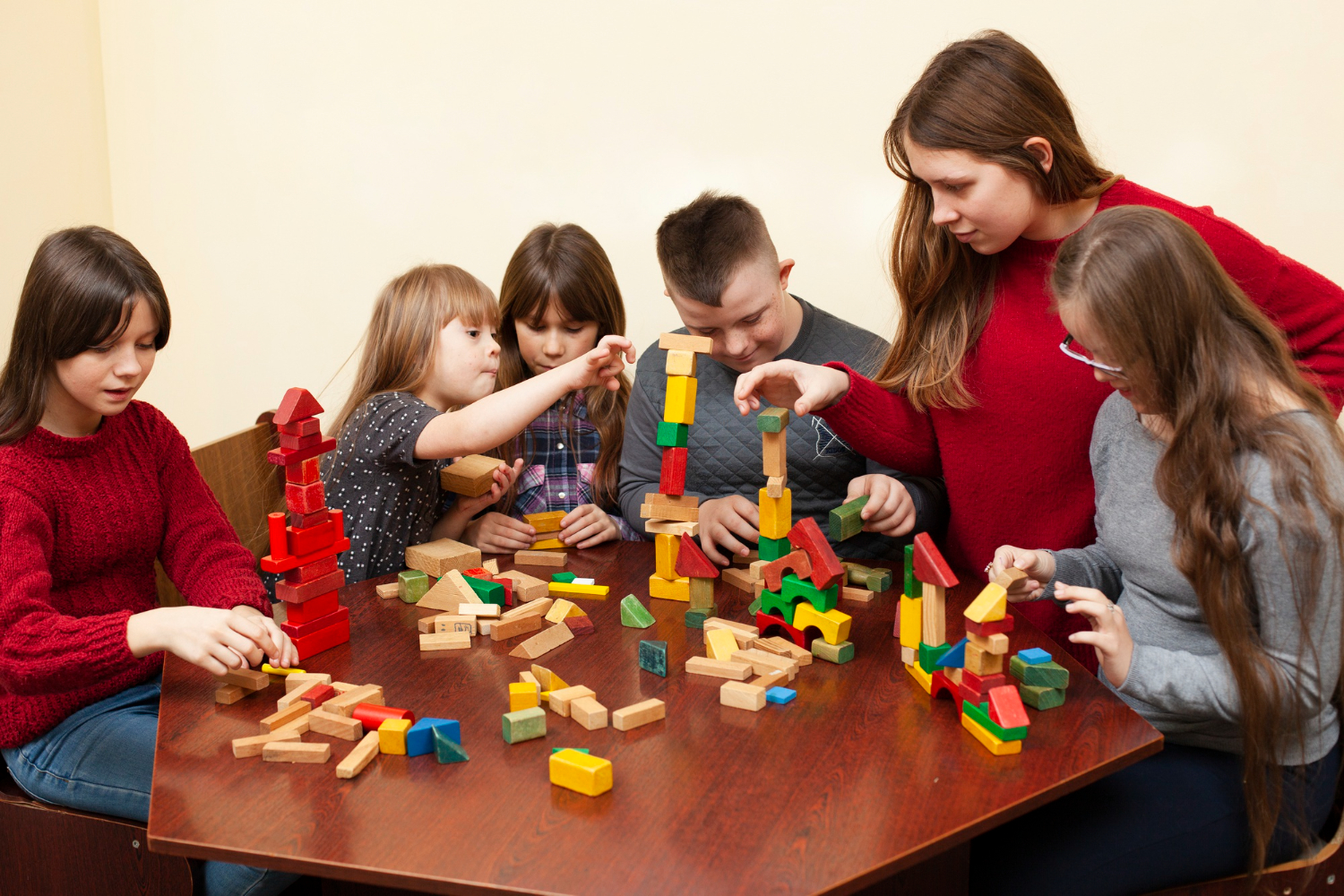
Building Social Skills in Preschool: Nurturing Friendships and Cooperation
Preschool is a crucial stage in a child’s life. It’s where they take their first steps towards independence, learning, and building essential social skills. Nurturing friendships and cooperation in preschool is vital for a child’s development. In this article, we will explore the significance of social skills in the early years and provide practical tips for parents, teachers, and caregivers to help children thrive in a social environment.
The Importance of Social Skills in Preschool
1. Foundation for Future Relationships
Social skills developed in preschool serve as the foundation for future relationships. Learning how to interact, share, and communicate effectively with peers sets the stage for healthy friendships and successful interactions later in life.
2. Emotional Development
Interacting with others helps children recognize and manage their emotions. They learn empathy, understanding, and emotional intelligence, which are vital for personal growth and well-being.
3. Problem-Solving Abilities
Preschoolers often face conflicts and disagreements. Encouraging them to resolve these issues by cooperating with others fosters problem-solving skills and conflict resolution abilities.
Strategies for Nurturing Social Skills
1. Encourage Playdates
Arrange playdates with other children, providing opportunities for your child to socialize, share toys, and take turns. This helps them understand the dynamics of cooperation and build friendships.
2. Group Activities
Enroll your child in group activities like art classes or sports teams. These activities promote teamwork, collaboration, and communication, all essential elements of strong social skills.
3. Teach Empathy
Teaching empathy is crucial. Encourage your child to understand and relate to the feelings of others. This can be done through storytelling and discussions about emotions.
4. Model Positive Behavior
Children learn by example. Model positive social behaviors in your interactions with them and others. Show them how to be polite, kind, and respectful.
5. Praise Efforts
Acknowledge and praise your child’s efforts in social situations. Positive reinforcement can boost their confidence and encourage continued development of their social skills.
6. Active Listening
Teach your child the importance of active listening. Encourage them to pay attention when others are speaking and respond thoughtfully.
7. Problem-Solving
Guide your child through problem-solving exercises. Help them identify issues and work through solutions with the involvement of other children.
Conclusion
Building social skills in preschool is a critical aspect of a child’s development. It lays the foundation for healthy relationships, emotional intelligence, and problem-solving abilities that will benefit them throughout their lives. As parents, teachers, and caregivers, our role is to provide the support and guidance needed for children to thrive in a social environment. By encouraging playdates, group activities, empathy, positive behavior modeling, and active listening, we can help children become socially adept, confident individuals who will navigate the world with ease and grace.


